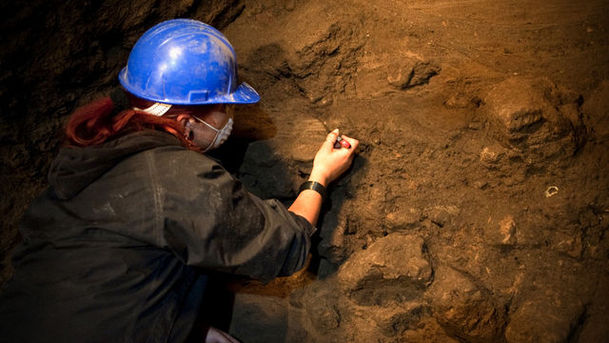Sunday Feature - Tracking the Aryans

Historian Bettany Hughes uncovers the troubled story of the search for the ancient Aryans, and journeys to Siberia to find out how recent archaeological discoveries are bringing them renewed attention. Nowadays associated with the Nazi ideology of a blond blue-eyed master race, the term Aryan was once used to refer to the speakers of a prehistoric language from which the modern Indo-European Language family is descended (including, among others, English, German, Latin, Greek, Farsi and Hindi). But the name's origins lie in the ancient texts of Bronze Age Iran and North India. Archaeologists on the remote borders of Siberia and Kazakhstan have recently uncovered a series of unexpectedly sophisticated prehistoric settlements. Within, they have discovered unusually complex burial rituals and the earliest known chariots in the world. Could this Steppe culture be the origin of the Aryans of Iran and North India? And what can it tell us about the origin of Indo-European languages? Bettany travels to the Siberian Steppe to the ancient circular fortified town of Arkaim to find out. And witnesses how even today the Aryans are being used for modern political ends. Presenter: Bettany Hughes Producer: Russell Finch Translator: Maria B. Starikova Contributors: Gennady Sdanovitch, David Anthony, James Mallory, Bruce Lincoln With special thanks to Victor Shnirelman at Institute of Ethnology and Anthropology in Moscow Additional thanks to Klaus Petermann, Thomas Trautmann, Christopher Hutton and Colin Renfrew.